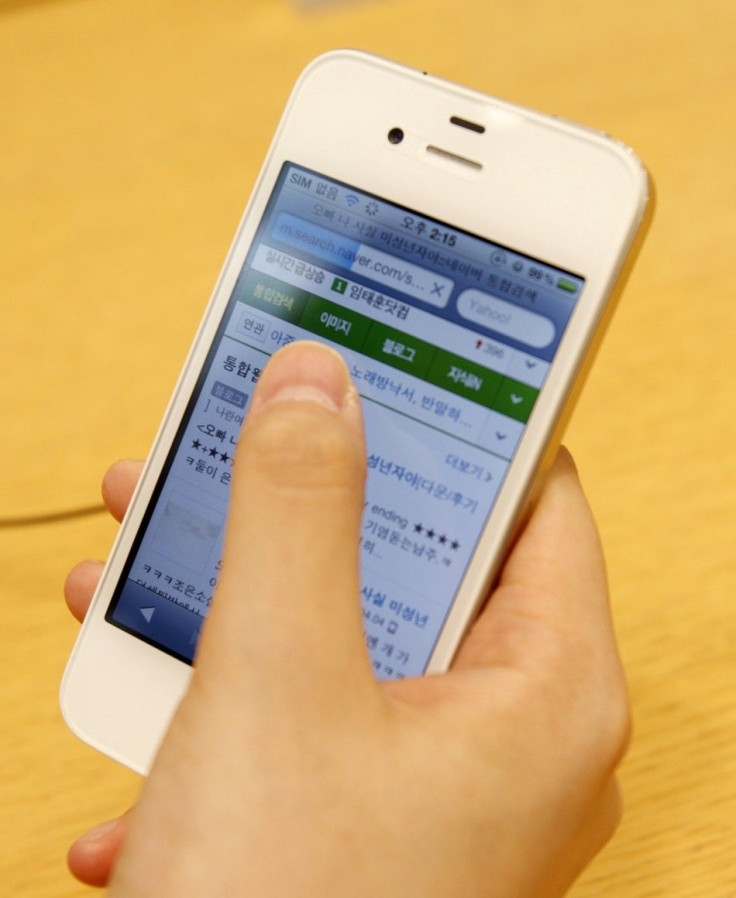Social Media in the Jury Box Goes Undetected: Report

Despite some high profile cases of jurors using social media during trials, a survey of federal judges showed that few notice improper Tweets and Facebook posts.
In a new report released this week, 30 federal judges out of 508 surveyed, representing each district court in the U.S., said they detected jurors' social media activity. Nearly a thousand judges received surveys from the Federal Judicial Center for a report to track the pervasiveness of social media use among jurors and ways to tamp down.
That seems like a relatively low number considering that social media is literally at the fingertips of smartphone-strapped jurors, but judges admit that it is difficult to police jurors, the report said.
For the judges who reported instances of social media usage, they had to rely on other sharp-eyed jurors, attorneys and court staff. Only two judges personally witnessed jurors using electronic devices, the report said.
Social media in the court room is becoming a much discussed topic in the legal community because of the consequences for clients, even if a Tweet is innocuous.
In December, an Arkansas man on death row received a new trial in part because a juror posted on Twitter his musings about the case, alongside some lyrics from a band called -- appropriately enough -- Underoath.
The juror, Randy Franco, continued to use Twitter after a judge warned him about using social media. His biggest offending Twitter post was notifying his followers, a reporter among them, that Its over, nearly an hour before an official announcement.
But there is more to social media than the errant Tweet.
Judges reported that jurors had used Facebook to friend someone involved in the case; tried to communicate with them; revealed identifying information about other jurors; did case research; shared information about a case's progress; and let another person listen to live testimony.
These jurors have been removed from the case, received warnings, held in contempt and, in one reported instance, caused a mistrial.
To combat the electronic scurge, judges said they confiscated electronic devices and cell phones during trial days or deliberation. Others surveyed specifically mentioned social media in their jury instructions and throughout the trial.
However, the report said, judges acknowledge that it is difficult to assess the success of the instructions.
Perhaps the answer to social media in the court room lies in a California law enacted last year.
Twitter-happy jurors could face a year in jail and a $5,000 fine for willfully violating jury instructions that prohibit any form of communication or research about the case, including all forms of electronic or wireless communication or research.
--
© Copyright IBTimes 2024. All rights reserved.





















